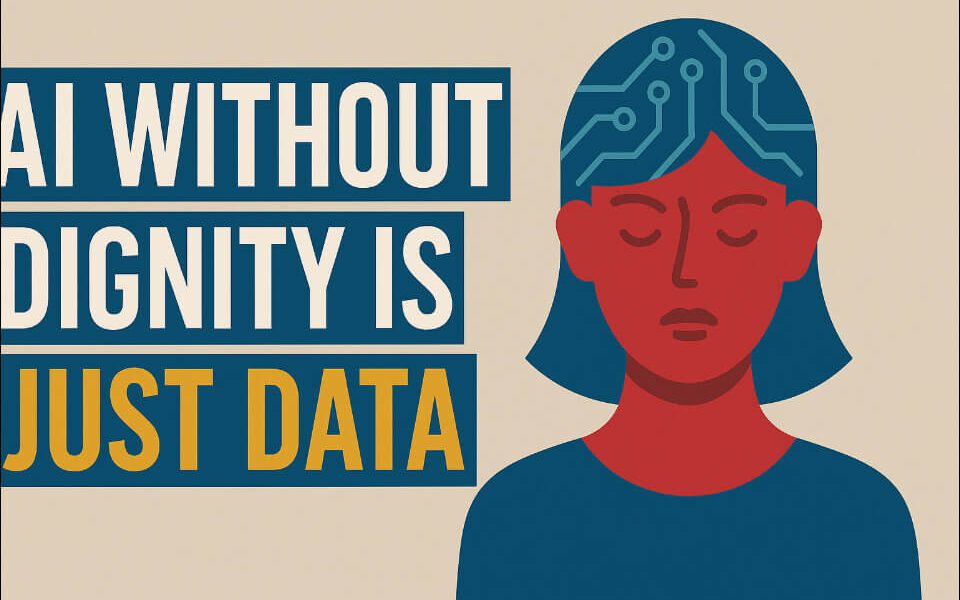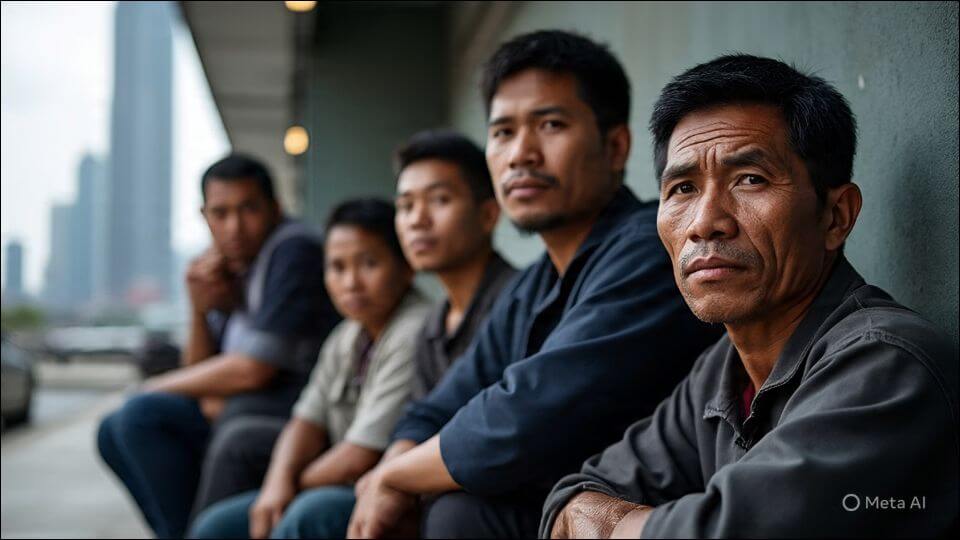From Prompt Templates to Public Memory—Claiming Digital Space Before It’s Branded for Us
I. Introduction: The Template War Has Begun
In 2025, you don’t just use templates—you live inside them. AI tools now script our resumes, tweak our captions, pre-draft our apologies, and plan our productivity. From Canva to ChatGPT, default formats flatten differences into frictionless content.
But for Filipinos—especially micro-entrepreneurs, community workers, and those left out of government aid—this templated future comes with a price: erasure, dependence, and invisibility.
Automation without dignity turns the poor into props. Prompts without context silence nuance. AI without Filipino agency? Just data.
II. The Problem: Streamlined ≠ Sovereign
Global AI platforms rarely localize for Filipino realities:
- Livelihood apps suggest Stripe, not GCASH.
- Tax advice ignores sari-sari store exemptions.
- AI chatbots offer solutions that assume stable power, reliable internet, and bureaucratic ease.
Even well-meaning tools treat us like an edge case—useful for pilots, optional in strategy.
And when our voices do show up, they’re filtered through Western phrasing, algorithmic tone kits, and market-tested values.
What happens when the digital future doesn’t speak our language—or worse, translates our struggle into trending formats?
III. Dignity Is Not Just a UX Feature
Dignity isn’t just about inclusion. It’s about power.
- Do we own the tools that shape our stories?
- Are our community users, or just test subjects?
- Can we correct AI when it fails to see our context?
Filipino dignity in AI means:
- Explaining the “5-6 trap” to an algorithm that doesn’t get it.
- Refusing to “neutralize” our tone just because it makes a bot uncomfortable.
- Celebrating public memory in Tagalog, Bisaya, Waray—and refusing the monoculture of polished English.
IV. The Case for Local Sovereignty
Imagine an AI trained not just on global data, but on barangay reports, jeepney fare logic, palengke math, and community lifelines. Not just “Filipino use cases,” but Filipino design principles.
That’s not nostalgia—it’s strategy.
Because when Filipinos shape AI, we get tools that understand:
- Debt cycles that hide in neighborly terms
- Livelihood models outside of formal employment
- Grief that resists quantification, but needs space
We call it AI for Kita—not just profit, but a living, usable intelligence for ordinary Filipinos.
V. Reclaiming Public Memory
AIWhyLive isn’t just a website—it’s a living archive. A refusal to let the future be written without our data, our voices, or our sharp humor.
From Epal in the Age of AI to Copy-Paste University, we’ve mapped how templates have become political. Now, we take the next step: rewriting them.
This means:
- Prompting in our own style
- Translating frameworks for the excluded
- Fact-checking with precision—and satire
- Telling stories that don’t begin with “As a tech startup…”
We don’t just train AI. We train public discourse.
🐾 Final Thought: If It Doesn’t Remember Us, It Doesn’t Deserve Us
AI may optimize. It may dazzle. It may even guess what you want before you say it.
But unless it can respect our dignity, amplify our agency, and account for our context… it doesn’t get to speak for us.
So let’s build AI that does. Not just smart, but sovereign. Not just fluent, but Filipino.
🧩 Too Cryptic? Please Read On…
🎮 Imagine You’re Playing a Video Game… You’re designing tools with AI to help people live better lives, especially in the Philippines.
But most of the tools were made by people far away, with different problems. They don’t understand how things really work in your neighborhood.
It’s like trying to use Google Maps in a town with no street names.
📦 What’s the Problem?
A lot of AI programs come with ready-made templates and answers. These “one-size-fits-all” models:
- Don’t speak our local languages
- Don’t get what a “5-6 loan” is
- Assume perfect internet, banking, and bureaucracy
They’re smart, but they don’t understand our stories. If we follow their rules without asking questions, we lose control. We become background characters in someone else’s game.
💡 What Does Dignity Mean Here?
Dignity means being treated like you matter—like your voice, your culture, your way of surviving and thriving are real and worth respecting.
Your sari-sari store. Your tricycle. Your classroom. Your prayers and your jokes. AI needs to learn from those, not ignore them.
🛠 What Should We Do?
Instead of waiting for foreign companies to “get us,” we can:
- Teach AI about Filipino life—even the messy parts
- Translate tools into local logic and language
- Build our own prompts, apps, and platforms with community rules
- Use AI to help—not replace—real people solving real problems
This is called agency, which means we’re not just using tools. We’re shaping them.
🧠 The Main Message?
AI can be exciting and helpful. But if it doesn’t understand our culture, support our people, and respect our unique needs…
It’s just a smart copy machine.
Filipino agency means we don’t just use AI—we make it better, for us. We prompt, edit, archive, and refuse to be erased. We build technology that listens before it recommends.
And we remind the world:
If it doesn’t remember us, it doesn’t deserve us.







